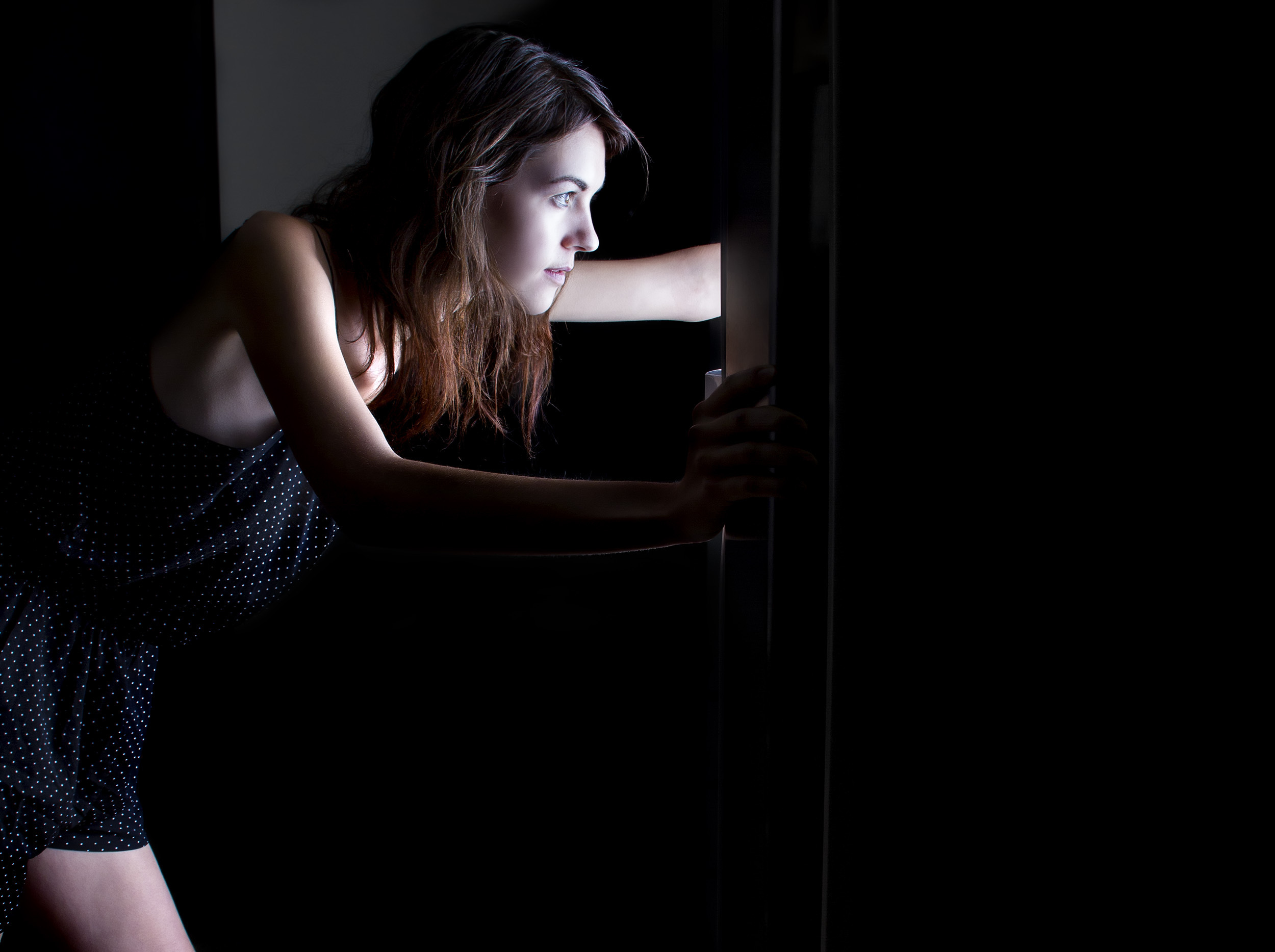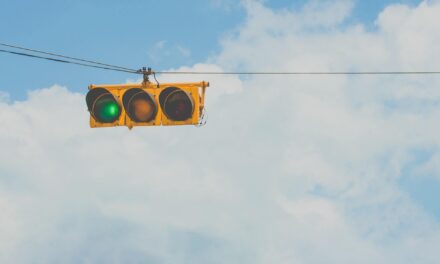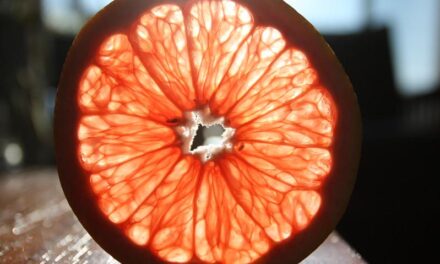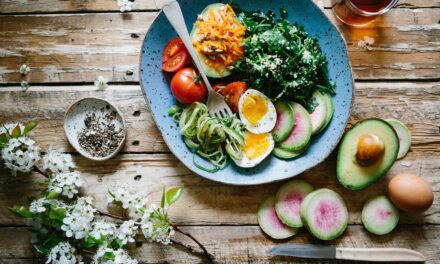Go-To Sleep Snack

A meal before bedtime can help us fall and stay asleep. However, it can also do the exact opposite. Find out what qualities Bonnie Taub-Dix, RDN, creator of BetterThanDieting.com and author of Read It Before You Eat It-Taking You from Label to Table, looks for in a sleep-inducing snack. Then, read on for a shuteye-supportive recipe: granola with pumpkin seeds and sour cherries.
Don’t go to bed hungry
Eat just enough to prevent hunger pangs. After all, if you’re starving, you’ll have trouble sleeping through the night, says WebMD. Recent research suggests that if our bodies have too little leptin (a metabolic hormone signaling satiety) and too much ghrelin (a metabolic hormone stimulating hunger), we could awaken.
Plan your snack in advance
Instead of “opening up your kitchen cabinets and staring at their contents as you would a TV screen,” says Taub-Dix, plan out bedtime snacks in advance. This can take the luster out of the snack, she adds. So, if you want cereal, measure it out ahead of time and place the bowl on the counter.
Make your snack small
“No matter how active your dreams are, if you’re going to bed, you’re not burning a lot of calories,” Taub-Dix points out. “So, eating a big bedtime snack is generally not a good idea because it could disrupt your sleep. Here’s why: according to WebMD, since the digestive system slows down during sleep, eating a lot could lead to GERD (gastroesophageal reflux disease) or even choking.
Pick something easy to digest
Try to steer clear of very sugary, fatty, or spicy foods, which could upset your stomach, Taub-Dix says. “Sugary foods could also stimulate you and make you not want to sleep.” Aged or processed cheeses and cured meats may stimulate the brain as well, since they contain tyramine, which could trigger the release of norepinephrine, says Johns Hopkins Medicine. Meanwhile, salty foods, adds Taub-Dix, could lead to thirst, which could interrupt your sleep. As a general rule, opt for foods on the blander side. Think a slice of whole-wheat toast with nut butter, a small bowl of oatmeal with fresh berries, or a banana.
Try sleep-supportive foods
“Some foods may actually help you fall asleep,” Taub-Dix says. For instance, tart cherries contain melatonin, tryptophan, potassium, and serotonin, compounds that help regulate sleep, according to Medical News Today. Meanwhile, kiwi, as demonstrated by a 2011 study published in the Asia Pacific Journal of Clinical Nutrition, increased sleep time and reduced the time it took subjects to fall asleep. Nuts and seeds might also help. In particular, both almonds and walnuts boast a generous dose of melatonin. Similarly, pumpkin seeds are rich in tryptophan and magnesium, the latter of which might also promote sleep, according to Healthline.
Although seemingly unappealing as a right-before-bedtime snack, lettuce and fatty fish—when eaten during the day—could help prepare your body for a good night’s sleep, says Medical News Today. In particular, a 2014 study suggested that increased consumption of Atlantic salmon—rich in Vitamin-D and omega-3 fatty acids—helped subjects fall asleep more quickly. Meanwhile, a 2017 study showed that lettuce helped mice sleep longer, while a 2013 study revealed that mice given extracts containing compounds in lettuce were able to sleep longer and fall asleep faster. In fact, the effects of one of these compounds (n-butanol fraction) were “comparable to those induced by diazepam [Valium].”
Choose the right drink
“Alcohol might help you fall asleep, but not stay asleep, so be careful about alcohol before bed,” Taub-Dix counsels. In addition, after three p.m., she avoids caffeine, but points out that everyone is different. “Know yourself and your tolerance level and the effect caffeine has on you,” she says, adding that her husband can drink coffee before bed and be unaffected.
Instead, select another type of beverage, preferably warmed to up the comfort factor. Taub-Dix drinks a cup of (decaf) tea before bed, which she describes as “getting a hug from a mug.” Certain herbals, such as peppermint, ginger, chamomile, or anise, could help cut gas and calm the stomach, she says. In particular, chamomile, according to Medical News Today, contains a flavonoid compound called apigenin. Researchers believe it might activate GABA A receptors to help stimulate sleep.
As an alternative, milk provides melatonin, Vitamin D, calcium, and tryptophan, says Medical News Today. Or, take your tart cherries in juice form, recommends Johns Hopkins Medicine. All that said, don’t drink too much before bed: doing so can lead to bathroom trips in the middle of the night, warns the Mayo Clinic.
Focus on your snack
“Very often, bedtime snacks are eaten while doing other activities, like social media on your phone or watching TV,” Taub-Dix adds. Because you’re paying attention to the other activity, you could be missing out on the mouthfeel of the food. As a result, you won’t register it as much, which could promote over-eating, she explains. Focusing on the sensory experience of the night-time snack should increase satisfaction and satiety.
Go To Sleep Snack
Granola with pumpkin seeds and sour cherries
For the ultimate sleep-boosting snack, try this low-sugar granola on top of some sliced kiwi fruit or with milk.
Makes about 5 cups
3 cups raw old-fashioned oats
1 cup raw unsalted pumpkin seeds
½ cup extra virgin olive oil
¼ cup maple syrup
½ tsp salt
½ tsp ground cinnamon
4 oz dried tart cherries (about ¾ cup)
- Preheat oven to 300 degrees F, and line a baking sheet with parchment paper. In a medium-large bowl, toss together all of the ingredients except for the cherries. Be sure to toss well, to coat the solid ingredients thoroughly and evenly. Pour onto the lined baking sheet in one even layer.
- Bake until the oats and nuts are slightly golden brown, about 30 minutes, shaking the pan halfway through. Toss with the cherries, and let cool.





